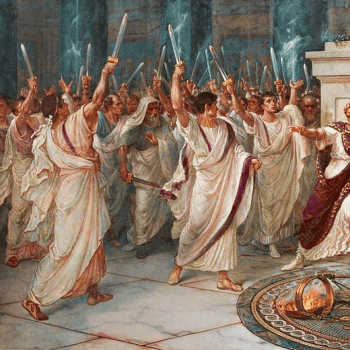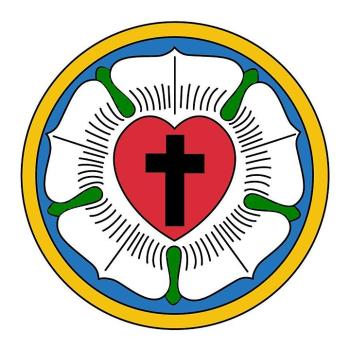Labor Day heralds the end of summer vocations. Now the Fall begins and it’s back to work. For students and teachers like me, it has always meant getting serious again and going back to the classrooms for another school year.
This year, for me, the holiday is hitting me in a completely different way since I am retiring. All summer I have been madly busy finishing up my job, so Labor Day is heralding the beginning of my not laboring, at least in the same way I have all of my life.
Now we celebrate Labor Day with a day of leisure, honoring the workers of the world by not working. Today many people consider leisure to be the goal of working. They say that they are “working for the weekend,” putting in the time to earn enough money so that they can enjoy themselves Friday night, Saturday, and Sunday. On a larger scale, many people are working for their retirement, socking money into their IRAs and putting in their time so that they can stop working as soon as they can and devote themselves to travel, golf, and relaxation until they get too old.
But that is a serious option. For Aristotle, leisure is better than working. For the Greeks and the Romans, physical labor was for slaves, and commercial labor was less noble than a life of leisure. Free human beings should devote themselves to a life of contemplation and the pursuit of virtue, both of which were thought to require leisure. Still, this notion can be found in classical and neoclassical thought. (See, for example, Josef Pieper, Leisure: The Basis of Culture).
This mindset can also be seen in the aristocracies of the Middle Ages and later. The nobility pursued leisure in a way that the commoners could not. As late as the Downton Abbey days, aristocrats tended to look down upon those who worked for a salary, including the nouveau riche industrialists who, though able to buy and sell the often hard-pressed nobility, could never attain their social status.
The superiority of leisure over work also was a factor in the scholastic exaltation of monasticism over life in the world, which was based in the superiority of the “contemplative” life over the “active” life. The rationale was Jesus’s commendation of Mary over Martha, that the former had chosen the better path in simply listening to Jesus over her sister who was working so hard to prepare His meal. This was applied so as to value monastic contemplation as more spiritual than this-worldly economic activity.
The Reformation doctrine of vocation decisively challenged this dichotomy. Work became charged with spiritual significance. Economic activity was seen as a means of God’s providential care for the world, as were such “secular” institutions as marriage, parenthood, and national citizenship–spheres rejected by the monastic vows of celibacy, poverty, and obedience to the church rather than to secular law.
This new valuation of work and ordinary life did much to encourage the rise of a free economy, social mobility, and eventually political freedom.
So Labor Day, the holiday honoring the workers of the world, really does relate to the doctrine of vocation, a connection we at the Cranach blog have been trying to bolster.
So where does leisure come in? The Bible commands work, but it also commands rest. Rest from our works is an image of the Gospel. In Heaven, we will rest from our labors. Leisure will be eternal.
Retirement, as the end of life approaches, is something of a foretaste of that.
And our callings–which is what “vocation” means–entail more than our economic activity and more than getting money for one’s work. It’s all about loving and serving our neighbors. And retirement, I am finding, has lots of neighbors.
Now the classical and medieval and Downton Abbey leisure class did stay busy. They ran their estates, did their governmental duties, and practiced noblesse oblige. And the monks adopted the Rule of St. Benedict, which incorporated labor into prayer (ora et labora), so that monasteries were not simply contemplative but also raised food, brewed beer, made wine, made coffins, and did other useful work for both themselves and the external world. (Luther’s doctrine of vocation was, in some ways, an application of ora et labora outside the monastery walls.)
And there are different uses of leisure. It’s one thing to use leisure for contemplation and virtue. It’s another thing to use it watching reality TV and playing video games.
At any rate, I have the sense that contemplation and activity, work and leisure, go together. And that they all have something to do with vocation. And now that I’m retired, I’m going to have to figure out how to figure all of this out.















